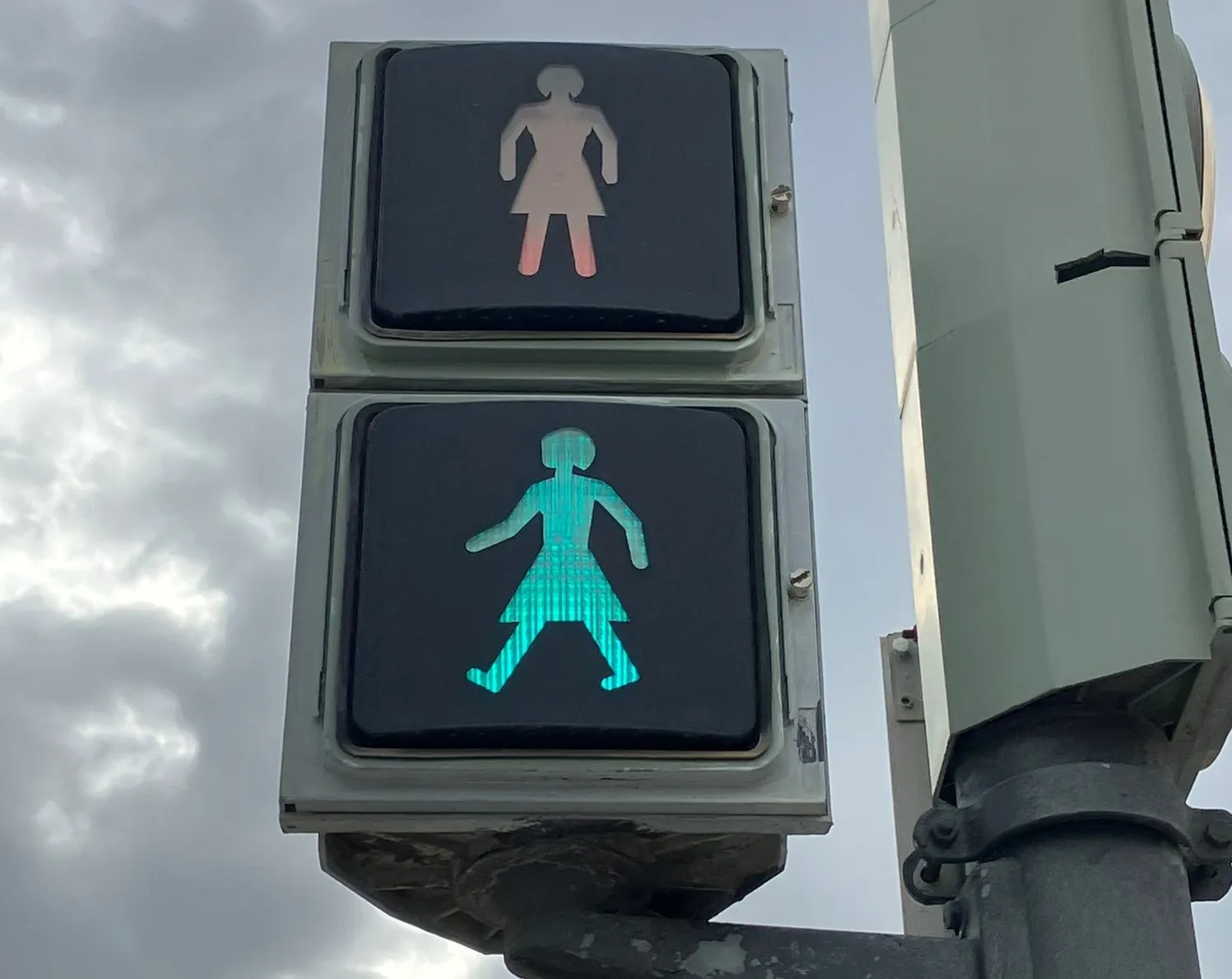
WTS International and Latinos In Transit (LIT) have signed a formal memorandum of understanding (MoU) to collaborate on mutual goals "to better the transportation sector and prepare a next generation of industry leaders and workforce".
The organisations have agreed to the following objectives:
• Promoting career opportunities in the transportation sector to a diverse demographic, especially minorities and under-represented in the transit sector
• Furthering the attraction, participation, connection, advancement, and recognition of women and minorities in the full transportation industry; including public, private, and academia
• Providing professional development opportunities, leadership training, advocacy, and educational opportunities to advance the skillsets of a diverse workforce
• Encouraging the participation in organisational leadership activities at an international, national, and local level
“Working alongside strategic partners in the transit industry has never been more vital,” said Jannet Walker-Ford, 2022–24 WTS International board chair.
“We look forward to a long relationship with the leadership and members of Latinos In Transit, as we strengthen a current – and future — workforce that is more diverse. WTS International looks forward to serving as a resource to LIT, and learning from their community as well.”
“LIT is pleased to partner with WTS International, with whom we share a mission and vision for the advancement of women and minorities,” said Alva Carrasco, president, Latinos In Transit.
“In 2021, women earned $0.57 per hour for every dollar non-Hispanic, White men earned. Latinas earned far less. With WTS as a partner, we hope to reduce the gap.”
Latinos In Transit was founded in 2016 to promote the advancement and development of Latinos and other minorities in public and private transportation.







